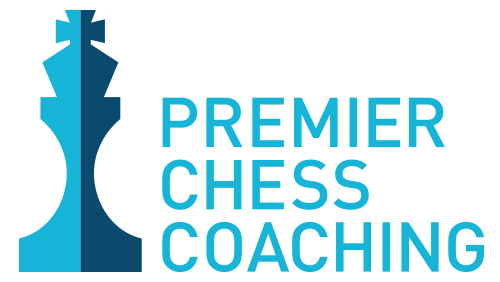As the new school year is just around the corner, schools across the UK are exploring innovative ways to enhance student engagement, foster academic growth, and build a vibrant community. One powerful tool that many educators may overlook is the chess club. Establishing a chess club at your school can offer a multitude of benefits that extend far beyond the chessboard. Here’s how a chess club can transform your school this year.
1. Enhancing Cognitive Skills
Chess is often referred to as a “mental gymnasium.” The game requires students to think several steps ahead, consider multiple outcomes, and plan strategically. This exercise in critical thinking can significantly boost cognitive development, helping students improve their problem-solving abilities, concentration, and memory. These skills are not only valuable in the classroom but also in everyday life, where decision-making and planning are key.
2. Supporting Academic Achievement
Research has shown a strong correlation between playing chess and academic performance. Students who participate in chess clubs often see improvements in subjects like mathematics and reading. The reason? Chess teaches pattern recognition, logical thinking, and analytical skills—all of which are directly applicable to these subjects. By encouraging students to think critically and approach problems methodically, chess can help them excel academically.
3. Promoting Social Interaction
A chess club is a fantastic way to bring students together, fostering a sense of community and belonging. In a chess club, students interact across different age groups, backgrounds, and skill levels, creating opportunities for mentorship and peer learning. This social interaction helps students develop important soft skills, such as communication, teamwork, and empathy. Additionally, the friendly competition of chess matches can teach students how to handle both winning and losing with grace.
4. Boosting Self-Esteem and Confidence
Learning and mastering chess can be a tremendous confidence booster for students. As they progress and see their skills improve, they gain a sense of accomplishment and pride in their abilities. This newfound confidence can translate into other areas of their school life, encouraging them to take on new challenges and push their boundaries.
5. Encouraging Inclusivity and Diversity
Chess is a game that transcends language, culture, and socioeconomic status. It’s an inclusive activity that can be enjoyed by all students, regardless of their background. A school chess club can bring together a diverse group of students, fostering inclusivity and mutual respect. Moreover, chess is a low-cost activity, making it accessible to all students without requiring expensive equipment or resources.
6. Providing a Safe and Structured Environment
A chess club offers students a safe, structured environment where they can spend their free time productively. For students who may not be interested in traditional sports or other extracurricular activities, a chess club provides an alternative that is both intellectually stimulating and socially rewarding. It’s a place where students can challenge themselves, relax, and make new friends.
Conclusion
Adding a chess club to your school’s extracurricular offerings can have far-reaching benefits for both students and teachers. From enhancing cognitive and academic skills to promoting social interaction and inclusivity, the advantages of chess are clear. As the new school year kicks off, consider how a chess club can enrich your school community and help your students thrive.
If you’re interested in starting a chess club at your school, we’re here to help. Contact us today for more information on how to get started, and let’s work together to unlock the potential of your students through the game of chess.


